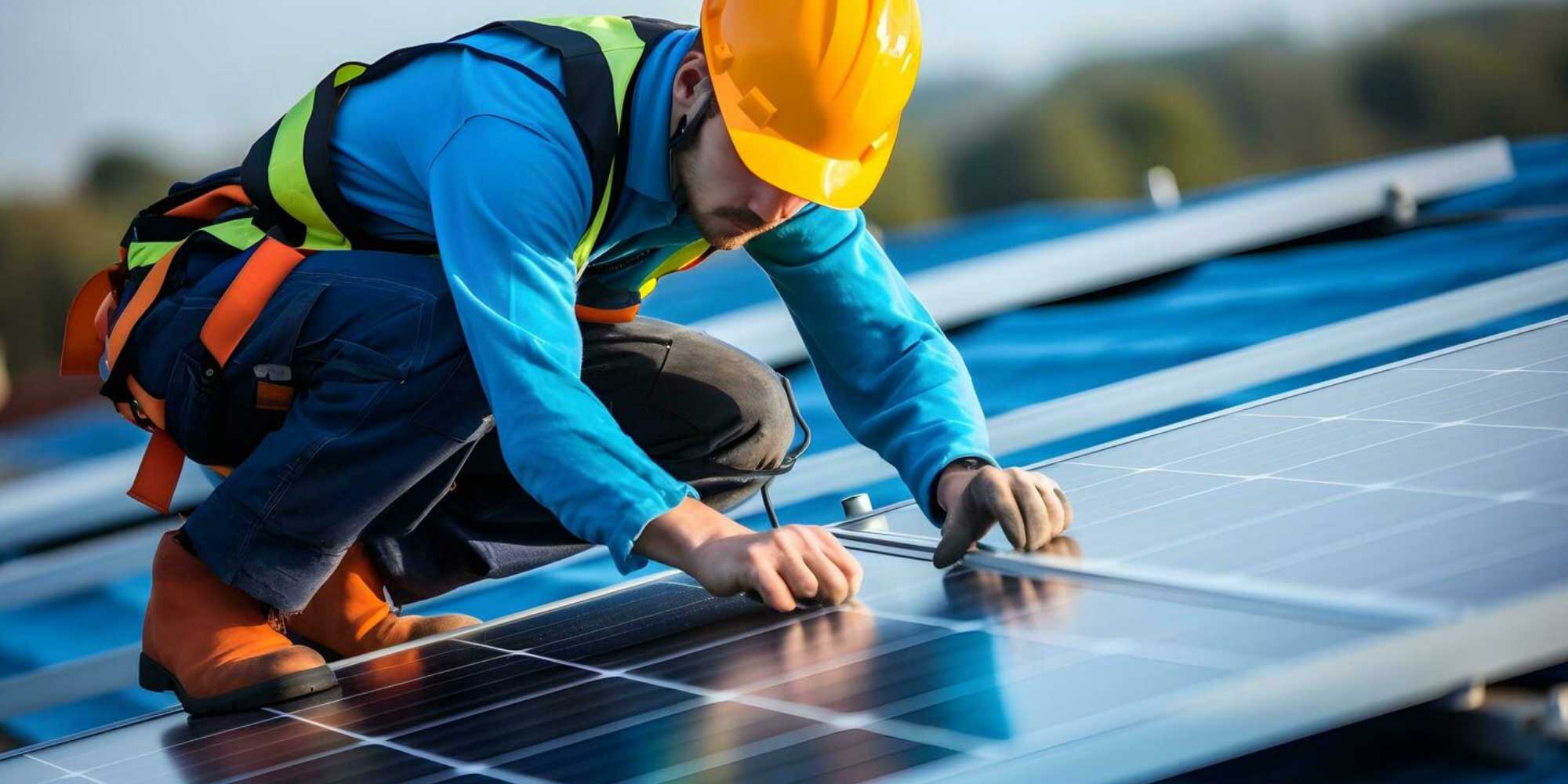Introduction
Solar panel coatings are instrumental in maximizing the energy efficiency of solar power systems. Let’s uncover the ways in which these coatings contribute to improved energy efficiency and enhanced performance, ultimately driving the adoption of clean and renewable energy solutions

1. Enhanced Light Absorption:
Solar panel coatings are engineered to optimize the absorption of sunlight, the primary source of energy for solar panels. Anti-reflective coatings, for example, reduce surface reflection, allowing more sunlight to penetrate the solar cells and be converted into electricity. By minimizing reflection losses, these coatings maximize the amount of light absorbed by the panels, thereby increasing energy conversion efficiency and overall performance.
2. Reduction of Reflection Losses:
Reflection losses occur when sunlight bounces off the surface of solar panels without being absorbed, leading to a decrease in energy conversion efficiency. Solar panel coatings address this issue by reducing surface reflectivity through various techniques such as surface texturing, anti-reflective coatings, and prism technology. By scattering incoming light and minimizing reflection, coatings ensure that a higher percentage of sunlight is captured and converted into usable electricity, thus improving the overall energy efficiency of solar panels.
3. Prevention of Soiling and Contamination:
Dust, dirt, and other contaminants can accumulate on the surface of solar panels over time, reducing their efficiency by blocking sunlight and impairing performance. Coatings with self-cleaning properties mitigate this issue by repelling dust and dirt, ensuring that the panels remain clean and efficient. Additionally, hydrophobic coatings can prevent water droplets from adhering to the surface, reducing the formation of water stains and further enhancing light transmission. By maintaining cleanliness and minimizing soiling, these coatings contribute to improved energy efficiency and long-term performance of solar panels.
4. Thermal Management:
Efficient thermal management is essential for maintaining the performance and reliability of solar panels, especially in high-temperature environments. Thermal coatings help regulate the temperature of solar panels by dissipating excess heat and improving heat transfer efficiency. By minimizing temperature fluctuations and thermal stress, these coatings ensure optimal operation and maximize energy production, particularly in regions with extreme weather conditions. By optimizing thermal performance, coatings contribute to overall energy efficiency and longevity of solar energy systems.
5. Durability and Longevity:
Solar panel coatings play a crucial role in protecting panels from environmental factors such as moisture, UV radiation, and mechanical damage. By providing a durable and protective barrier, coatings extend the lifespan of solar panels and maintain performance over time. Enhanced durability translates to reduced maintenance requirements and lower downtime, ensuring continuous energy production and maximizing the long-term efficiency of solar energy systems.
Conclusion:
Solar panel coatings are integral to improving the energy efficiency and performance of solar power systems. By maximizing light absorption, minimizing reflection losses, preventing soiling and contamination, optimizing thermal management, and enhancing durability, these coatings contribute to overall efficiency and effectiveness of solar panels. As we strive towards a more sustainable future, the role of solar panel coatings in enhancing energy efficiency becomes increasingly significant in driving the widespread adoption of clean and renewable energy sources.